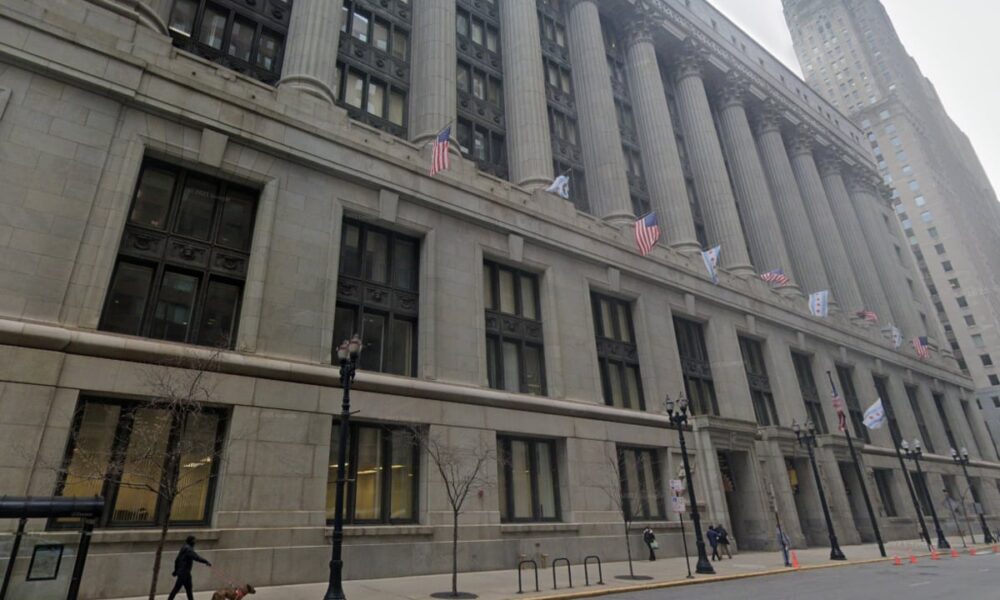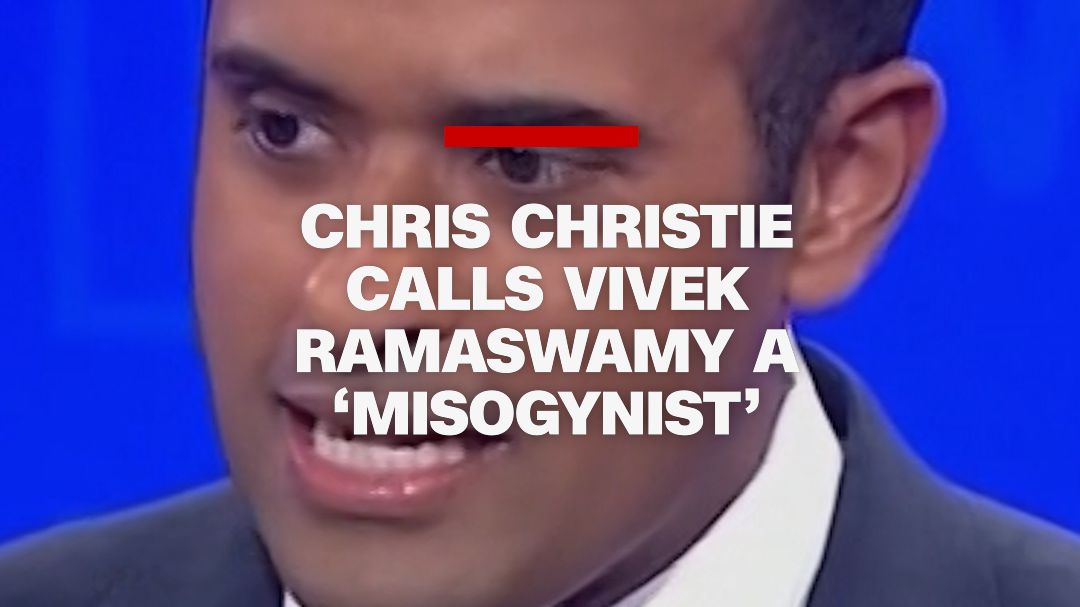Chicago’s Mayor, Brandon Johnson, has announced a bold budget plan for 2026 that introduces a pioneering Social Media Amusement & Responsibility Tax (SMART). This initiative targets major social media companies, including Meta, which operates platforms like Facebook and Instagram. The proposed tax aims to partially address a projected $1.12 billion deficit in the city’s budget and is expected to generate approximately $31 million annually. This revenue will be utilized to expand mental health services, responding to increasing concerns about the negative impacts of social media on mental well-being.
During an address to the city council, Johnson articulated his vision for the “Protecting Chicago Budget.” This plan is designed to strategically counteract federal funding cuts and the cessation of pandemic aid, both contributing to the city’s financial challenges. The SMART initiative will impose a fee of $0.50 per month for each active user, with the first 100,000 users exempt from this charge. The mayor’s administration is prepared to combat any potential legal challenges that may arise from this unprecedented tax.
Comprehensive Fiscal Strategy
In addition to the social media tax, Johnson’s budget proposal encompasses various new and increased taxes. Notable measures include the reinstatement of a corporate head tax on large corporations, an increase in fees for vacant buildings, and new taxes on hemp, boat mooring, and online sports betting. Johnson attributed part of the city’s financial struggles to past policies from the Trump administration, emphasizing that the wealthiest residents need to contribute more to the city’s finances. He stated, “The budget is really designed to challenge our larger corporations and those with means to put more skin in the game,” as reported by NBC Chicago.
Importantly, the proposed budget does not include increases in property taxes or garbage collection fees, following a recent unanimous rejection by the city council of a prior property tax hike proposal. Johnson aims to create a fiscal environment that encourages contributions from affluent entities while avoiding burdening ordinary residents.
Community Focus and Business Response
Further expanding on his revenue strategies, Johnson’s budget includes a $100 million Community Safety Fund aimed at supporting violence prevention efforts and providing summer jobs for youth. This fund may be supported by a corporate community safety surcharge. In a significant move, Johnson anticipates declaring the largest Tax Increment Financing surplus in Chicago’s history, which would be allocated to essential public institutions, including schools and libraries.
While the budget has garnered praise from the Progressive Caucus for its innovative approach to funding mental health and community safety programs, it has faced backlash from the business community. Jack Lavin, representing the Chicagoland Chamber of Commerce, criticized the proposed taxes as “job-killing taxes” in a statement to ABC 7 Chicago. He argued that fostering job creation, rather than imposing new taxes, is the most effective solution for addressing fiscal deficits.
The budget proposal now awaits deliberation by the city council, which has until the end of the year to negotiate any changes before it requires 26 votes to pass. As the discussion unfolds, the outcome of Johnson’s ambitious fiscal plan will be closely watched by both supporters and critics across Chicago.







